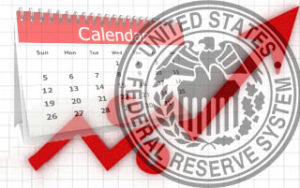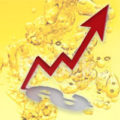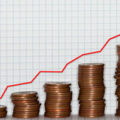Carefully worded statements matter, especially when the vice-chairman of the rate setting FOMC – Federal Open Market Committee – is the one releasing the statement. Markets will react immediately, following their hyper-sensitive tendencies. The problem is that although these statements might signal the right policy choice, and should be taken as a warning, once the deadline to act passes without any rate hikes, then another piece of credibility erodes. That is precisely why the markets are in this conundrum.
This time it was William Dudley who issued the statement, warning about market complacency regarding a possible rate hike during the Fed’s September meeting. The statement clearly states that the markets are underestimating the possibility of a rate hike, and it could well happen in September. The problem is that the markets have gotten these kinds of warnings time and again, but nothing has happened.
This means that in order to shake the markets and make them understand that their complacency could be costly, Fed members have to do the opposite of what they are doing. They have to issue less warnings, offer less statements and actually go through with the rate hikes. If the economic conditions for a rate hike are there, then the markets will know how to read the indicators and will price the hike in accordingly.
The problem is that the Fed has stuck to a single indicator, inflation, to rule all in their decision making process. When that is not convenient, the Fed has diverted attention towards other indicators that suddenly come up as signs of “global economic weakness”, like they did with Brexit. It turns out that in both cases they were wrong. The impact of Brexit was overblown, and below target inflation will remain despite tightening labor markets and positive consumption patterns.
Dudley and all other Fed decision makers have to understand that they are living in a world of stubbornly low inflation. This doesn’t necessarily mean that cheap money will return inflation to the desired rates, but it still poses a risk to the economy. Saving rates are already declining and other risks created by cheap money are increasing. It would definitely be beneficial for markets and the public in general, if, despite the immediate shock, the Fed will be able to decrease its statement rates and instead increase the interest rates.





